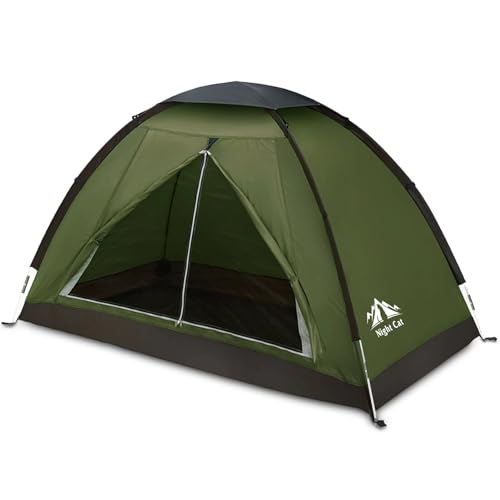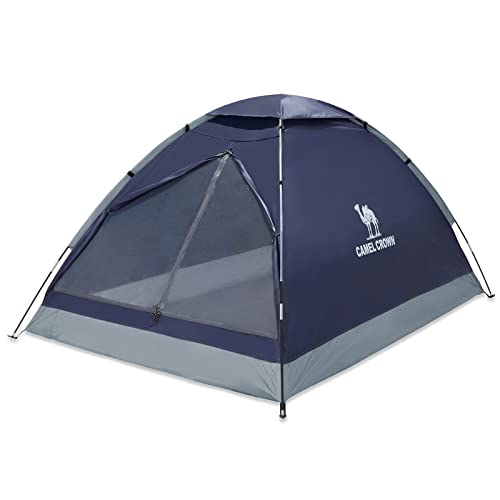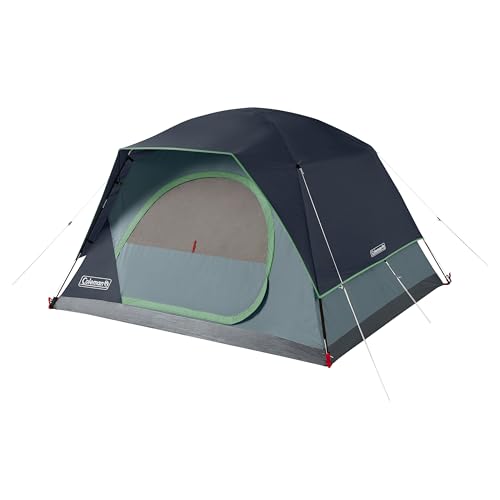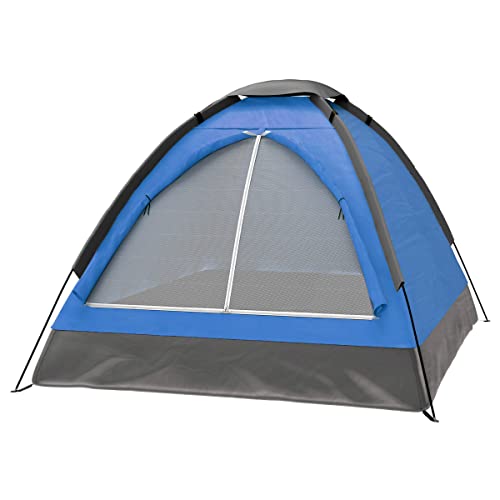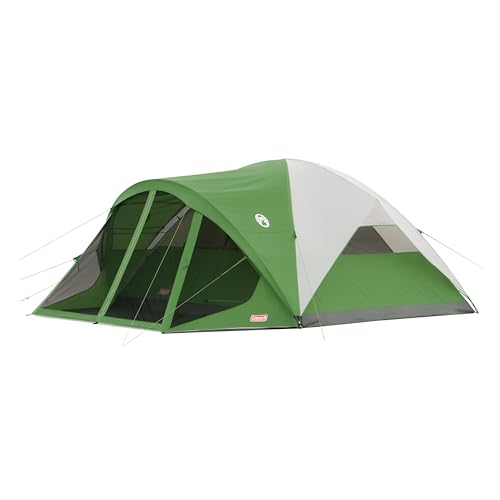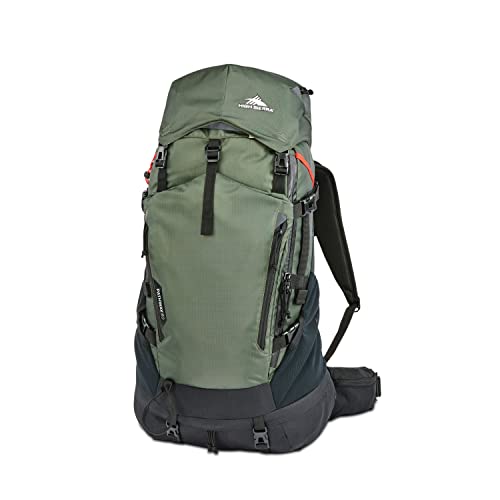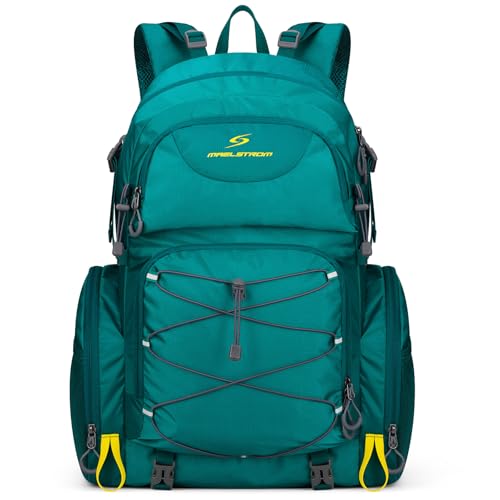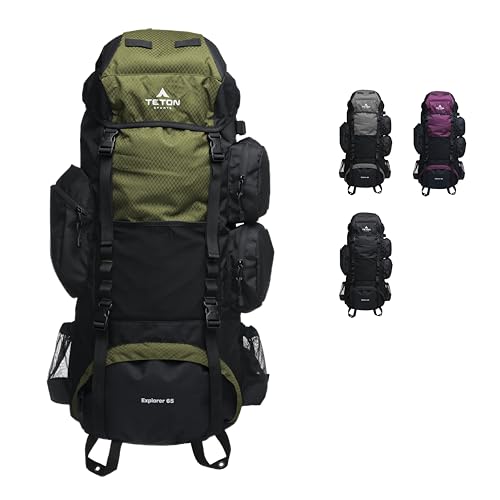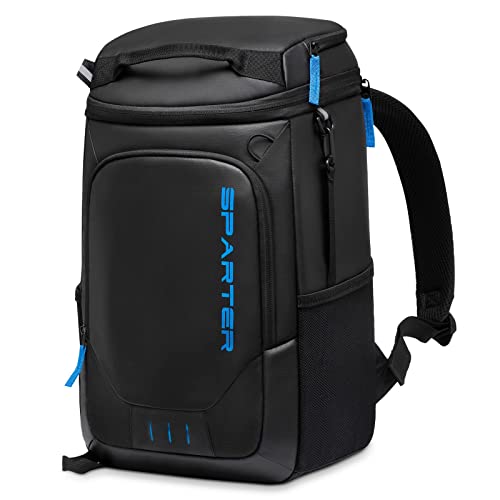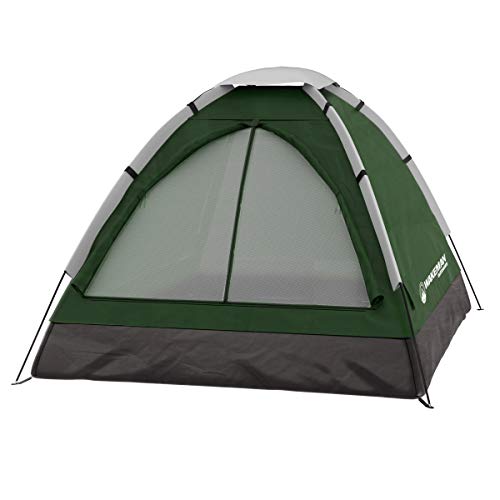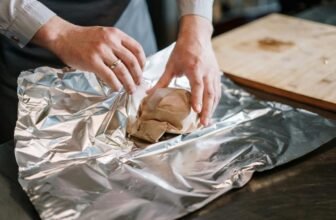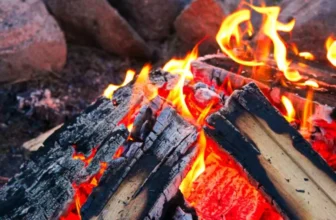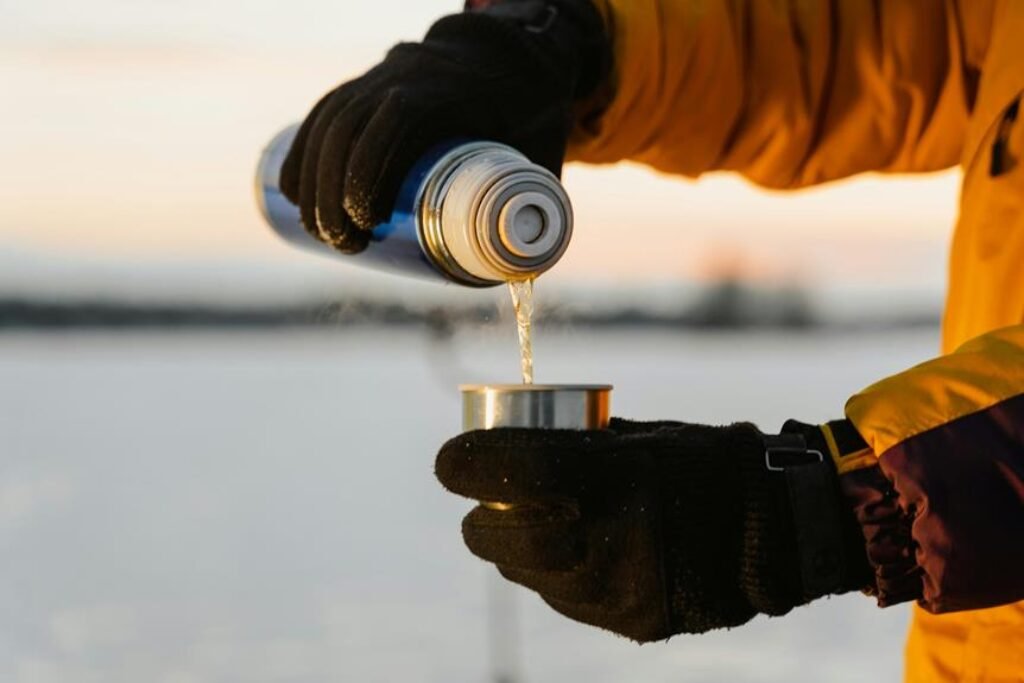
When heading out into the great outdoors, it’s paramount to prioritize safety when utilizing your camping gear. From securing your equipment adequately to ensuring your tent is properly anchored, there are crucial steps to take to safeguard yourself and your fellow campers. But have you considered the often overlooked safety measures when it comes to campfire practices, food storage, or even navigating challenging terrains? Stay tuned to discover a comprehensive guide on the top safety tips for using camping gear that could make all the difference during your next outdoor adventure.
Essential Gear Safety Tips
When setting up your camping gear, always double-check that all equipment is securely fastened to prevent accidents. This simple step can save you from potential harm and ensure a smooth camping experience.
Begin by inspecting your tent to make sure all stakes are properly anchored and the rainfly is securely attached. It’s crucial to secure your tent to the ground correctly, especially in windy conditions. Additionally, check your camping stove to confirm that all connections are tight and there are no gas leaks. Ensuring the stability of your cooking equipment is vital for your safety while preparing meals outdoors.
Next, examine your backpack to guarantee that all straps and buckles are in good condition and fastened securely. An improperly secured backpack can lead to discomfort or even injuries while hiking. Remember to adjust the straps to distribute the weight evenly across your shoulders and hips.
Campfire Safety Measures
To ensure your safety while enjoying a campfire, always remember to follow essential campfire safety measures. Start by choosing a safe spot for your campfire, away from overhanging branches, dry grass, or anything flammable. Clear the area by removing debris and creating a fire ring if possible.
Keep your campfire small and manageable, only using wood from the local area. Always have a bucket of water or sand and a shovel nearby to quickly extinguish the fire if needed. Never leave a campfire unattended, and make sure it’s completely out before going to bed or leaving the campsite.
Remember to fully extinguish the fire by pouring water over the embers and stirring them until everything is cool to the touch. By following these simple campfire safety measures, you can enjoy the warmth and ambiance of a fire while keeping yourself and the surrounding environment safe.
Tent Safety Precautions
For a secure camping experience, prioritize tent safety precautions to complement your campfire safety measures.
When setting up your tent, ensure it’s placed on level ground free of rocks, sticks, or other sharp objects that could damage the tent floor. Properly stake down the tent to secure it against wind and potential disturbances.
Before entering the tent, check the surrounding area for any wildlife or hazardous plants that could pose a threat. Inside the tent, keep all flammable items away from heat sources like lanterns or cooking equipment to prevent fires. Additionally, never use a stove or lantern inside the tent to avoid carbon monoxide poisoning.
In case of stormy weather, choose a sturdy tent designed for such conditions and always follow the manufacturer’s guidelines for setup. Remember to zip up the tent completely to keep insects and small animals outside.
Food and Cooking Safety Guidelines
Prioritize food and cooking safety by implementing proper storage and handling techniques to prevent foodborne illnesses during your camping trip.
When packing food, use coolers with ice packs to keep perishables cold and separate raw meats from ready-to-eat items to avoid cross-contamination. Seal all food tightly to prevent attracting wildlife and store it in airtight containers to prevent spoilage.
Remember to wash your hands and any cooking surfaces before preparing meals, and cook food to the proper internal temperatures using a food thermometer. When cooking over a campfire, use long utensils to avoid burns and keep a fire extinguisher or water nearby for emergencies.
After meals, clean up thoroughly, disposing of food waste properly to prevent attracting animals. Lastly, stay hydrated and bring a sufficient water supply for cooking and drinking.
Camping

